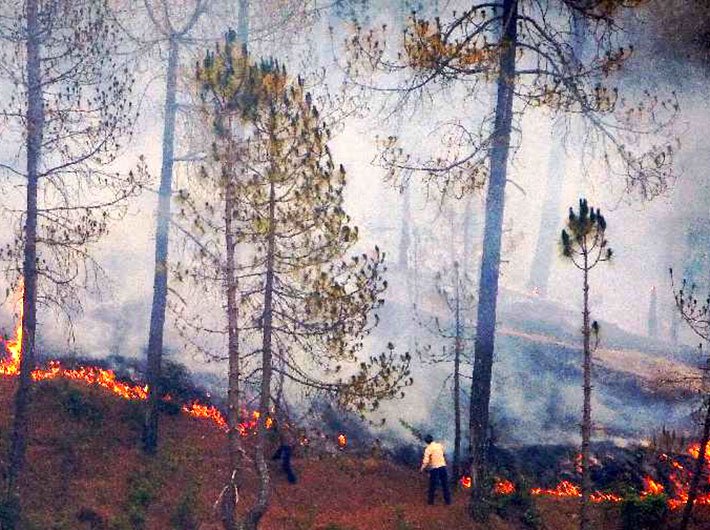A fund under consideration in parliament will compensate for loss of forest cover
GN Bureau | May 3, 2016

When we talk about criminal justice in India, most people think about the final verdict — whether someone is found guilty or innocent. But for many ordinary Indians, punishment is not in the verdict, but in the process itself. The waiting, the uncertainty, the endless hearings, and the years spent be
Every winter, as air pollution shrouds Indian cities from Delhi to Kolkata, public debate converges on the costs: the crores spent on air purifiers, water sprinklers and stubble management, the outlay for waste treatment plants and new green technology. Environmental clean-up is framed as a fiscal burden,
India has strongly urged developed countries to demonstrate greater climate ambition and honour their commitments. “Developed countries must reach net zero far earlier than current target dates and deliver new, additional, and concessional climate finance at a scale of trillions,
The Department of Atomic Energy (DAE) and Cologenesis Pvt. Ltd have launched ColoNoX, the country’s first nitric oxide-releasing wound dressing, aimed at improving treatment outcomes for patients with diabetic foot ulcers (DFU). Developed by scientists at the Bhabha Atomic Research Cen
The Vedas speak of “Nari tu Narayani” which means woman is divine power incarnate. Bihar’s mandate reflected that wisdom with quiet intensity. Once again, women have proven that they are the real kingmakers of this state. Their overwhelming presence at Nitish Kumar’s rallie
The stunning victory of the NDA in the Bihar assembly elections is largely credited to the women voters who registered a far higher turnout than men, but out of the 243 winning candidates analysed, only 29 (12%) winning candidates are women. Still, this is an improvement over 2020, when out of 241 MLAs ana

